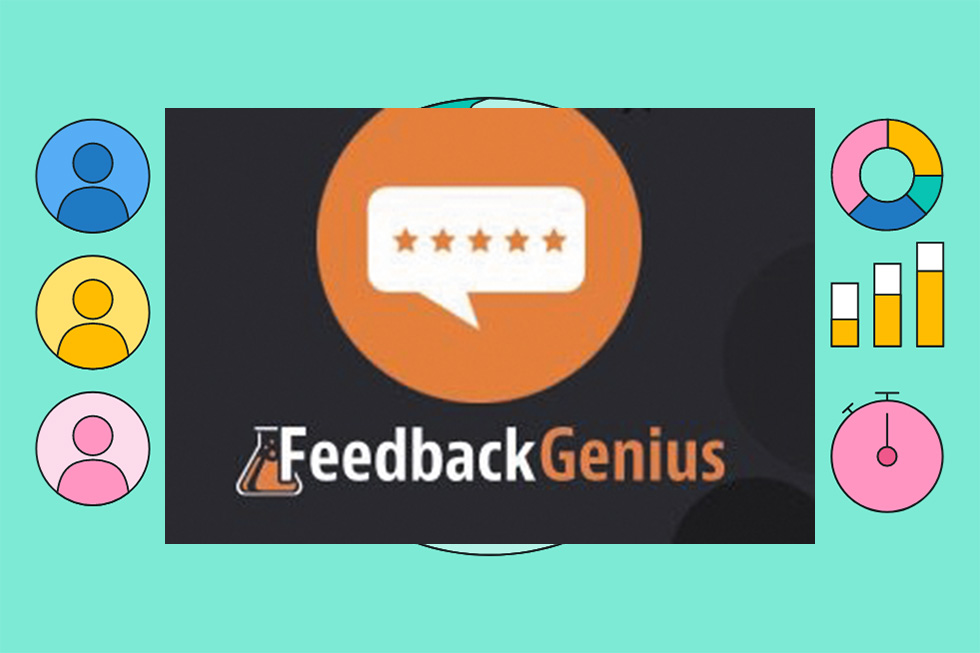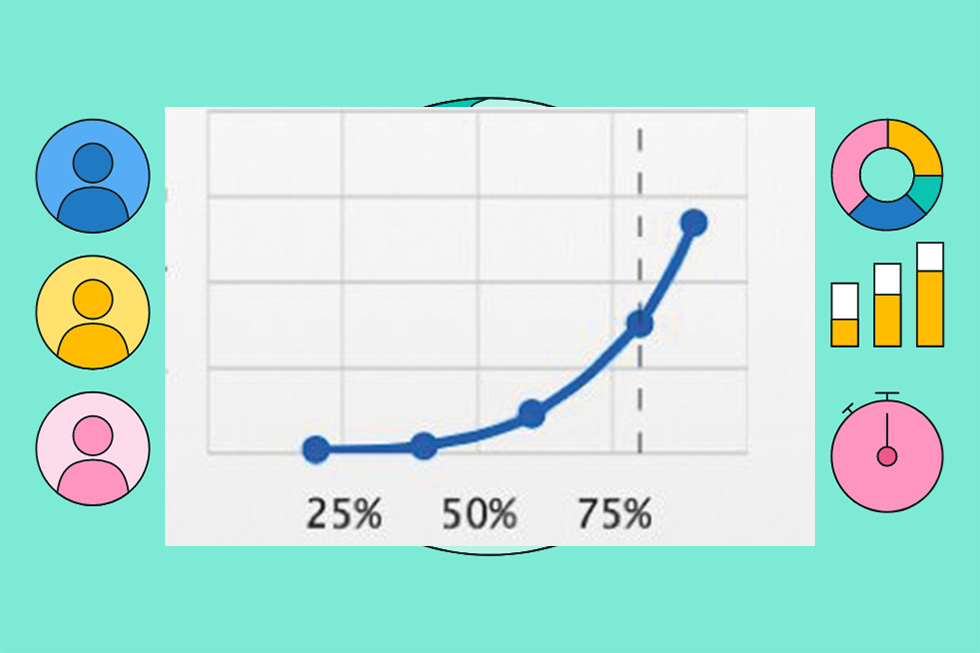I not too long ago learn Nudge: Bettering Choices About Well being, Wealth, and Happiness, a ebook by behavioral economist Richard Thaler and authorized scholar Cass Sunstein. It’s an intriguing learn for anybody wanting a better understanding of how the human mind works and what motivates us.
Since I handle internet marketing campaigns, I naturally utilized the rules of the ebook to my discipline. One space stood out: the influence of default settings.
Default Settings Impression Choices, Outcomes
When a designer creates any consumer interface — akin to a printed software, an ecommerce purchasing cart, or perhaps a faculty cafeteria — she has to find out the default state. Each telephone has a default ringtone. Each product web page in your web site has a default picture. Though somebody aside from the tip shopper made every of those choices, defaults can have a robust impact on outcomes.
Think about the instance, addressed within the ebook, of organ donation. In the US, the default technique of organ donation is an opt-in system, which implies you’re not an organ donor except you particularly opt-in whereas getting your state driver’s license. This technique has resulted in about 40 p.c of the U.S. inhabitants selecting to be an organ donor.
Now take into account Spain, Portugal, and Austria, which have as much as 99 p.c of the inhabitants registered as organ donors. How did they do it? Was it an enormous government-sponsored advert marketing campaign? Did proponents go door-to-door signing folks up? No and no. These nations merely modified the default to an opt-out system, which signifies that you’re an organ donor except you choose that you just don’t need to be.
This straightforward change makes a drastic distinction in registered organ donors.
However what in regards to the default settings from Google in your AdWords campaigns? These settings are probably affecting your campaigns’ efficiency — and never in your favor.
AdWords’ Defaults vs. Marketing campaign Efficiency
Let’s begin on the highest degree: account settings. Entry them by clicking the gear icon within the higher proper nook of your AdWords account. In a brand new account, the default choice for auto-tagging is “No, thanks.”
The default choice in AdWords for auto-tagging is “No, thanks.”
With out auto-tagging, your AdWords visitors has no URL variables to tell your analytics of the place these clicks are coming from. Which means your AdWords paid visitors is probably going getting lumped in along with your Google natural visitors, since your analytics package deal is just selecting up that Google was the referrer. That isn’t good.
Subsequent, let’s have a look at the default settings for brand new campaigns in AdWords. When you click on the “+ Marketing campaign” dropdown, you’re offered with the next choices.
Clicking the “+ Marketing campaign” dropdown, you’re offered with choices. Google has positioned “Search Community with Show Choose” on the high of the listing and the outline reads “Finest alternative.”
Discover how Google has positioned “Search Community with Show Choose” on the high of the listing — extra folks select the primary choice — and the outline reads “Finest alternative.” AdWords is making an attempt to get folks to decide on this marketing campaign sort. However let’s have a look at what that will get us.
Within the Networks defaults, the marketing campaign sort has search and show collectively. However search customers and show customers react, usually, a lot in a different way.
Within the Networks defaults, this marketing campaign sort has search and show collectively. However search customers and show customers are in a lot totally different mindsets and react a lot in a different way. On search, they’re searching for an answer to an issue or query. On show, they’re consuming content material and advertisements are pulling them away from what they’re doing. This core distinction requires separate search and show advertisements, focused appropriately.
So AdWords is making an attempt to “nudge” folks into utilizing a marketing campaign sort that isn’t one of the best?
Are Defaults Hurting Your Buying Campaigns?
Say you’re organising a Buying marketing campaign. This can be a particular marketing campaign sort the place you’re making an attempt to promote merchandise. Which defaults might you encounter right here which are problematic? For starters, let’s look within the Networks part once more.
When organising an AdWords Buying marketing campaign, the checkbox for “Embody search companions” is chosen by default.
Discover the checkbox for “Embody search companions.” It’s chosen by default. By hovering over the small query mark icon we get an evidence of what meaning. Be aware that “search companions” consists of Google properties like Google Play and Google Maps, but in addition “tons of of search websites that companion with Google to point out advertisements.”
These websites are undoubtedly of combined high quality. But you’ll don’t have any means to regulate bids for these websites. The bid on Google is the bid for search companions. For budget-restricted advertisers, this mixed-quality visitors could also be decrease precedence than Google-specific visitors. The default setting may very well be hurting your funds allocations.
Subsequent, look within the Areas part. The default button right here is “United States and Canada.”
Within the Areas part for Buying campaigns, the default choice is “United States and Canada.”
That’s peculiar. This account has by no means focused Canada. The corporate is predicated in the US. It’s one other instance of a default that expands your attain to areas that you could be not need.
Lastly, have a look at the Bid Technique part. Bidding is without doubt one of the predominant methods to have an effect on marketing campaign efficiency. Once more, there’s a field that’s checked by default, for “Allow Enhanced CPC” with a message beneath that states “AdWords robotically adjusts your bids to maximise conversions.” It sounds useful, however what does it imply, precisely?
Within the Bid Technique part, “Allow Enhanced CPC” is checked by default, with a message beneath that states “AdWords robotically adjusts your bids to maximise conversions.”
This feature permits Google to extend your bid by as a lot as 30 p.c or decrease it by as a lot as 100% based mostly on Google’s algorithm and your conversion information. I don’t like giving that a lot management to Google since my promoting prices are its income. It resembles placing the fox accountable for the hen home.
To summarize, defaults can tremendously have an effect on the selections we make and the outcomes we get. AdWords is not any totally different. There are default choices that may very well be impacting every little thing out of your analytics monitoring to your bids to the place your advertisements seem.
So concentrate. Make knowledgeable choices that can finest assist your organization.











